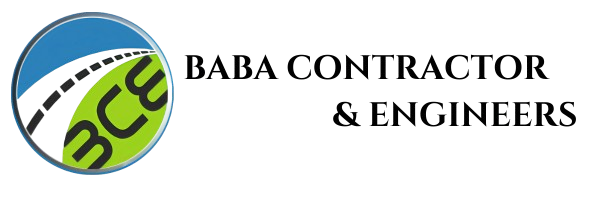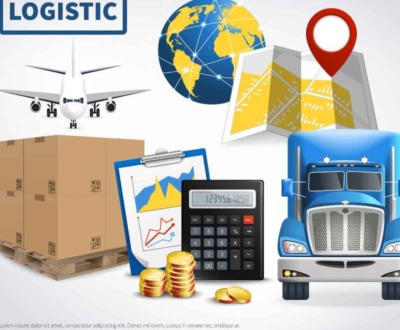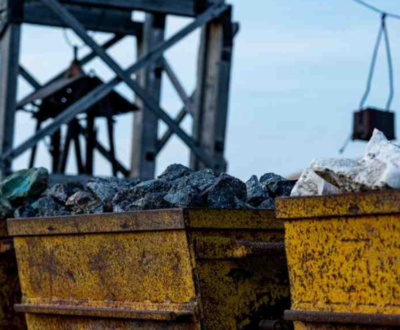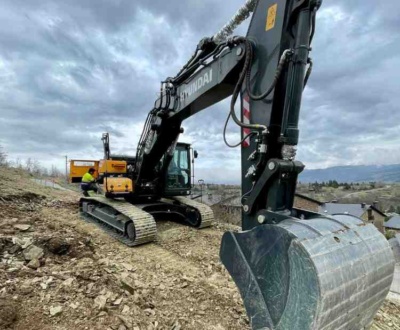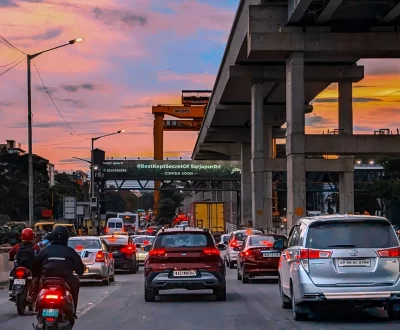How Construction Companies Collaborate with Governments for Toll Collection
- March 28, 2025
- Uncategorized
To understand the crucial role toll collection systems play in funding and maintaining transportation infrastructure. Road construction is a large-scale endeavor that requires careful planning and investment, and one way that construction companies collaborate with governments to ensure the sustainability of these projects is through tolling systems. Through Public-Private Partnerships (PPP) and other contractual agreements, construction companies work with government agencies to design, build, operate, and maintain toll roads. This collaboration is essential for managing the growing demand for infrastructure while providing a means of financial sustainability. Let’s explore how this collaboration works.
Public-Private Partnerships (PPP)
A primary method for construction companies to collaborate with the government on toll collection is through Public-Private Partnerships (PPP). These partnerships allow the government to partner with private companies to design, finance, build, and operate infrastructure projects, including toll roads. Through a PPP, construction companies like Baba Contractors and Engineers are able to share the risks and benefits of road construction while ensuring that the infrastructure meets public needs.
- Design and Build: Under a PPP model, the construction company is typically responsible for the planning and construction of the road and toll infrastructure. This includes designing the road to meet specific traffic requirements, setting up toll booths, and integrating electronic tolling systems.
- Operation and Maintenance: In many cases, the private company is also responsible for operating and maintaining the toll system for an agreed-upon period. This might involve maintaining toll booths, overseeing the toll collection process, managing electronic systems, and ensuring the overall upkeep of the road and toll facilities.
- Revenue Sharing: One of the benefits of PPPs is that they allow both parties to share in the revenues generated from toll collection. The government typically provides the land and regulatory framework, while the construction company recoups its investment through toll revenues. This model reduces the financial burden on the government while providing an efficient means to manage road infrastructure.
Build-Operate-Transfer (BOT) Model
Another common model for collaboration is the Build-Operate-Transfer (BOT) model, where a private company finances and constructs the road and toll infrastructure and then operates the toll system for a specified period.
- Construction: In the BOT model, construction companies like Baba Contractors and Engineers are responsible for every phase of building the road, including all necessary tolling infrastructure. This could involve designing the toll plazas, installing electronic tolling systems, and making sure the road is ready to handle the expected traffic.
- Operation: Once construction is complete, the company operates the toll system for an agreed period (typically 10 to 30 years). During this time, the company is responsible for collecting tolls, maintaining the road, and ensuring that the tolling technology is up to date and functioning properly.
- Transfer: After the designated operation period, the toll road and all its infrastructure are transferred back to the government. This model provides a sustainable way for governments to develop and maintain roads without having to shoulder the entire financial burden upfront.
Electronic Toll Collection (ETC) Systems
As technology continues to evolve, many construction companies, including Baba Contractors and Engineers, are working with governments to implement Electronic Toll Collection (ETC) systems, which have greatly improved the tolling process.
- Infrastructure Development: ETC systems use technologies such as RFID (Radio Frequency Identification) tags or License Plate Recognition (LPR) to automatically charge vehicles as they pass through toll points, without the need for physical toll booths. Construction companies are tasked with building the infrastructure needed for these systems, which include overhead gantries, sensors, and cameras that track and charge vehicles.
- Maintenance and Upgrades: The construction company may also be responsible for the ongoing maintenance and periodic upgrades of the toll system, ensuring that it runs smoothly and keeps up with advances in technology.
ETC systems reduce congestion at toll points, create a more efficient tolling process, and provide a better user experience for drivers, making them increasingly popular for new road construction projects.
Financing and Toll Revenue Models
Toll collection systems play a significant role in the financing of large infrastructure projects. In many cases, toll revenues are used as a mechanism to finance the construction of roads and bridges, reducing the financial burden on the government and taxpayers.
- Revenue-backed Financing: By collecting tolls, the private partner can recover their investment over time. This model works well for major infrastructure projects where upfront capital requirements are high, and it provides an ongoing revenue stream that ensures long-term financial sustainability.
- Hybrid Models: Some projects may combine both toll and non-toll sections. In this case, the construction company may work with the government to design roads where certain lanes are tolled, while others remain free. This allows the government to recoup the cost of construction for high-cost roads while still providing access to those who cannot afford tolls.
Maintenance and Sustainability
Collaboration doesn’t stop after the construction phase. Ongoing maintenance and upkeep of toll infrastructure are vital for ensuring the road remains in good condition and that tolling systems function correctly over time.
- Routine Maintenance: Construction companies may be contracted to provide long-term maintenance services for toll roads. This includes routine inspections, repairs, and upgrades to ensure the road remains in good condition and that toll collection systems are functioning smoothly.
- Sustainability: As governments and private companies increasingly focus on sustainability, construction companies also collaborate on eco-friendly toll systems, such as green toll plazas or the incorporation of renewable energy sources in tolling facilities.
